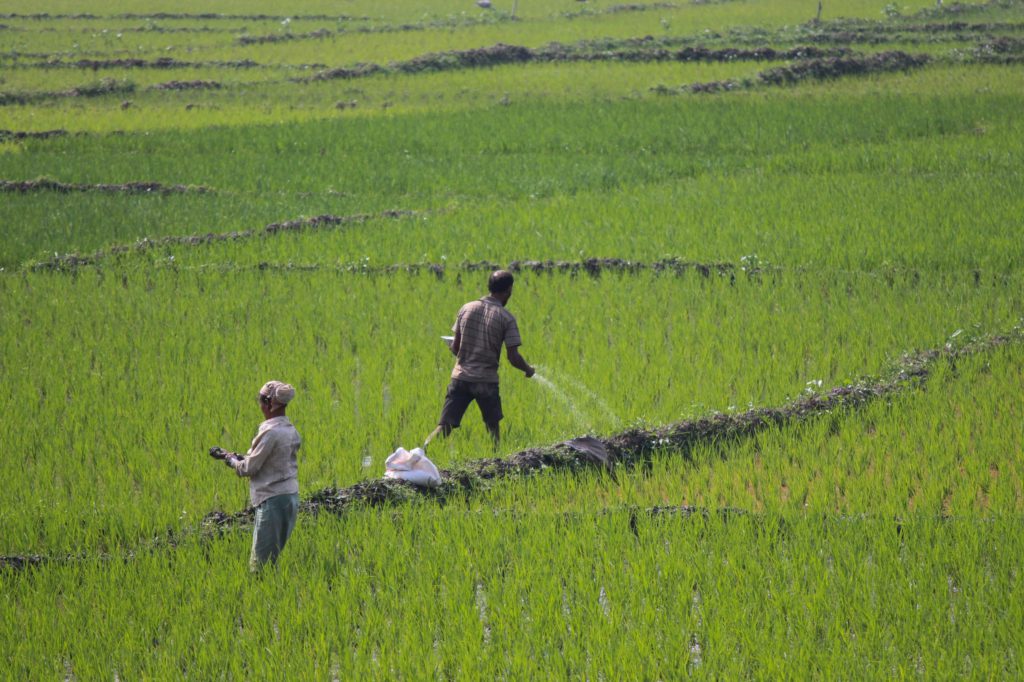Anglo American’s costly fertilizer mine seeks more customers

Anglo American is seeking partners in the Middle East and Africa to do supply and distribution deals for fertilizer from its multi-billion-dollar mining project in northeast England, a senior executive said.
The Woodsmith mine, on which Anglo American announced a $1.7 billion writedown in February, has the world’s largest known deposit of polyhalite, a naturally-occurring mineral containing nutrients including potassium, calcium, magnesium and sulphur, which it is marketing as POLY4.
Until now the mineral has only been produced in small quantities and its market is not commercially proven at scale, but Anglo American says polyhalite has the potential to improve the crop yield by 3% to 5%.
Tom McCulley, CEO of Anglo’s Crop Nutrients division, also predicted the rising global population, concern about climate change and the impact of extreme weather on arable land would boost demand.
“The limit of existing fertilizers is that they are CO2 intensive,” he said.
“Farmers are looking for a product that is organic and sustainable. We are the caterer for that.”
Anglo has signed supply and distribution agreements with five companies and is looking for more partners in the Middle East and Africa, McCulley told reporters.
Deals so far included global grains merchant Archer-Daniels-Midland Co in North America, German agriculture group BayWa in Europe and the Indian Farm Forestry Development Cooperative (IFFCO), he said.
The miner is also part of a low carbon fertilizer program run by Britain’s biggest retailer Tesco, he added.
Speaking during a site visit to the mine in Britain’s North York Moors National Park, he said analysts’ estimates that the total cost of the mine of around $9 billion were not “too far off”, but refused to give details.
Anglo American, whose market cap is $34.5 billion, bought Woodsmith for 405 million pounds ($497.42 million) in 2020 after previous owner Sirius Minerals struggled to raise funding.
It aims to produce around 5 million tonnes annually in the first three years from its 2027 estimated start and eventually to ramp up to full capacity of 13 million tonnes for the 40-year plus mine.
Sirius had aimed for output of 10 million tonnes a year in the initial phase.
The world’s largest miner BHP Group has also entered the potash fertilizer market with its Jansen project in Canada, aiming to start production in late 2026.
($1 = 0.8142 pounds)
(By Clara Denina; Editing by Barbara Lewis)
{{ commodity.name }}
{{ post.title }}
{{ post.date }}




Comments